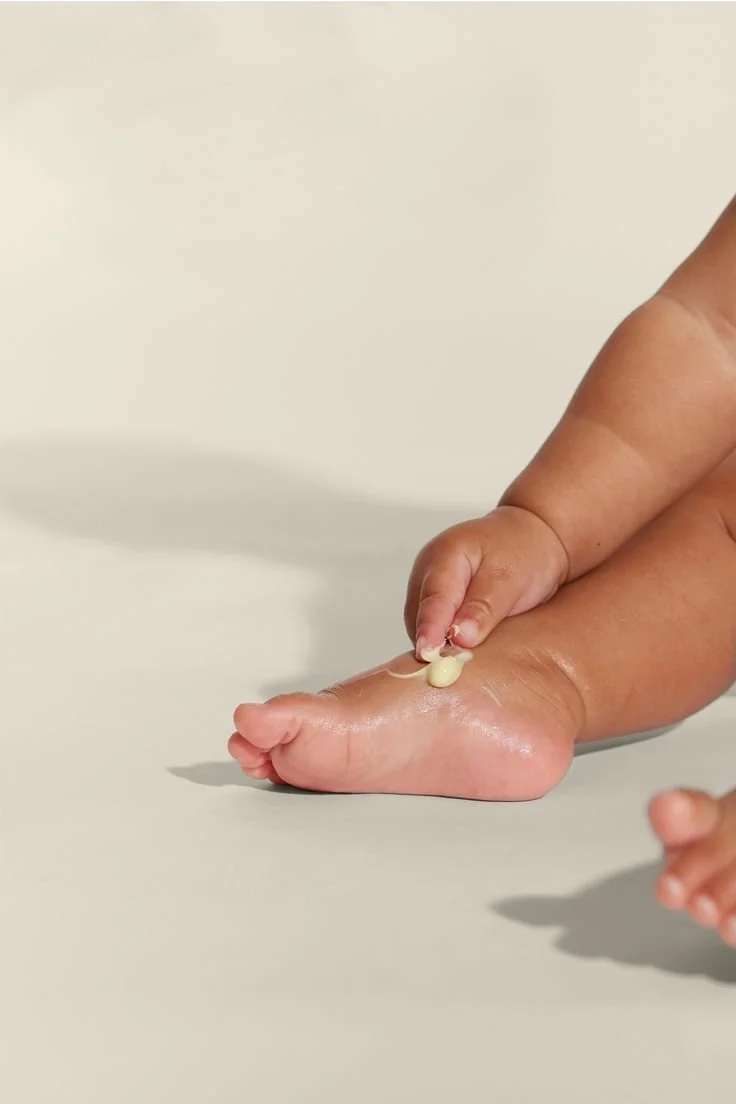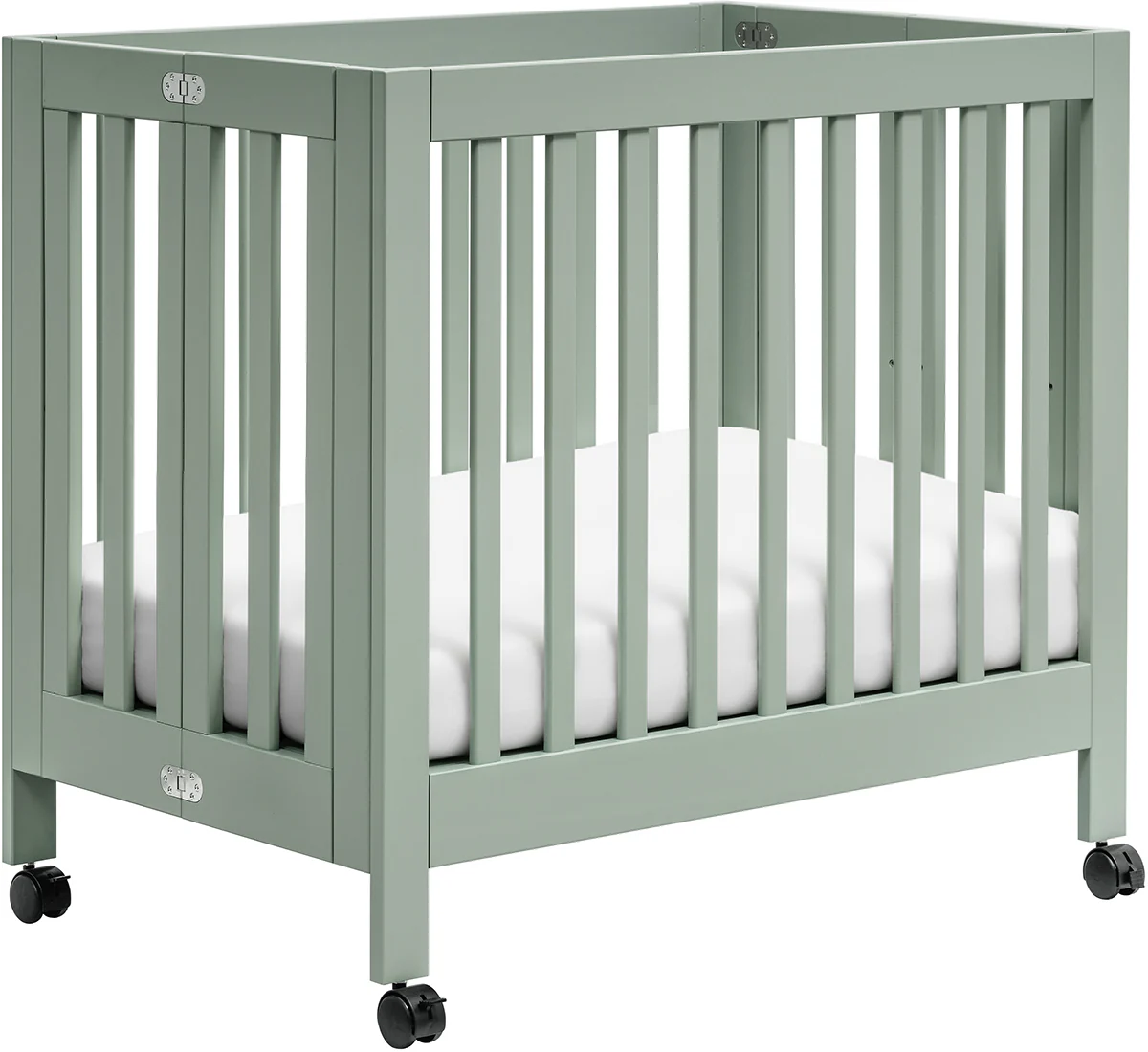What Parents Can Do To Ease Baby Eczema
Watching your baby struggle with eczema can be heartbreaking. The red, itchy patches, the discomfort, and the sleepless nights can leave both baby and parents feeling overwhelmed. Eczema, or atopic dermatitis, is a common condition in infants and young children, but the good news is that with the right care, it can be managed effectively.
Parents play a vital role in soothing their baby’s sensitive skin and reducing flare-ups. While there may not be a one-size-fits-all solution, understanding the condition and implementing gentle, consistent care routines can make a significant difference. In this article, we’ll explore practical, evidence-based strategies to help ease baby eczema and create a more comfortable daily experience for your little one.
No. 1
Understanding Baby Eczema
Baby eczema, medically known as atopic dermatitis, typically presents as dry, red, and inflamed patches of skin. These areas often appear on the cheeks, arms, legs, or torso and can be rough, flaky, or intensely itchy.
The root of the condition lies in a compromised skin barrier, which makes the skin more vulnerable to irritants, allergens, and environmental changes. Because of this, babies with eczema require extra care to protect and nourish their skin.
For parents, this means paying close attention to skincare routines, clothing materials, and potential environmental triggers. By understanding what causes flare-ups, you can take proactive steps to minimize them and support your baby’s skin health.
No. 2
Gentle Bathing and Moisturizing
One of the most effective ways to manage baby eczema is through a gentle and consistent bathing and moisturizing routine.
Bathing Tips:
Use lukewarm water (not hot)
Limit baths to 5–10 minutes
Avoid harsh soaps or bubble baths
Choose fragrance-free, hypoallergenic cleansers
Moisturizing Tips:
Pat the skin dry gently with a soft towel
Apply a thick, fragrance-free emollient within 3 minutes of bathing
Moisturize at least twice daily, even on non-bath days
Regular moisturizing helps seal in hydration and repair the skin’s natural barrier, reducing dryness and preventing future flare-ups.
No. 3
Choosing the Right Clothing
Clothing can significantly impact eczema-prone skin. Certain fabrics and fits can aggravate symptoms, while others can soothe and protect.
Best Choices:
Soft, breathable cotton fabrics
Loose-fitting garments to reduce friction
Tagless clothing to avoid irritation
Specialized eczema-friendly sleepwear
Avoid:
Wool and synthetic fabrics
Tight clothing that traps heat
Rough seams or zippers near affected areas
If you’re wondering what to wear if your baby has eczema, always prioritize comfort and breathability. During warmer months, lightweight cotton outfits can help prevent overheating and sweating, both of which can worsen eczema symptoms.
Albeebaby
Shop the best for your little one at Albee Baby – trusted gear, top brands, and unbeatable deals!
No. 4
Managing Triggers at Home
Every baby is different, but there are common household triggers that can exacerbate eczema symptoms. Identifying and minimizing these can help reduce flare-ups.
Environmental Irritants:
Dust mites
Pet dander
Pollen
Mold
Household Products:
Use fragrance-free laundry detergents
Avoid fabric softeners and dryer sheets
Choose gentle, non-toxic cleaning products
Temperature and Humidity:
Maintain a consistent indoor temperature
Use a humidifier in dry environments
Dress your baby in layers to avoid overheating
By creating a clean, allergen-reduced environment, you can help protect your baby’s skin and reduce the frequency of eczema flare-ups.
No. 5
Supporting Healthy Sleep
Eczema can make it difficult for babies to sleep, especially when itching intensifies at night. Helping your baby get restful sleep is crucial for their overall well-being and skin healing.
Tips for Better Sleep:
Dress your baby in soft, breathable sleepwear
Use cotton mittens or specialized sleepsuits to prevent scratching
Keep nails trimmed short
Apply moisturizer before bedtime
Maintain a calming bedtime routine with dim lighting and gentle lullabies
Reducing nighttime itching not only helps your baby rest but also minimizes the risk of skin damage from scratching.
No. 6
When to Seek Professional Guidance
While many cases of baby eczema can be managed at home, there are times when professional help is necessary.
Signs to Watch For:
Persistent or worsening flare-ups
Skin that appears infected (yellow crusting, oozing, or swelling)
Eczema that interferes with sleep or feeding
Lack of improvement despite consistent care
A pediatrician or dermatologist can assess the severity of your baby’s eczema and recommend treatments such as prescription creams, antihistamines, or allergy testing. Early intervention can prevent complications and provide relief more quickly.
No. 7
Creating Comfort Through Care
Caring for a baby with eczema requires patience, consistency, and a little trial and error. But the effort is well worth it. With thoughtful skincare routines, careful clothing choices, and a focus on reducing environmental triggers, you can significantly improve your baby’s comfort and quality of life.
Many babies outgrow eczema as they get older, and in the meantime, your attentive care can make all the difference. Every small step—from choosing the right moisturizer to adjusting your laundry routine—contributes to healthier, happier skin.
Takeaways
Eczema may be a common concern, but its impact on your baby’s comfort and your peace of mind can be profound. Fortunately, there are many ways parents can help ease the symptoms and support their baby’s skin health.
By understanding the nature of baby eczema and implementing gentle, consistent care routines, you can reduce flare-ups and promote healing. From soothing baths and moisturizing to choosing the right clothing and managing environmental triggers, each decision you make has the potential to bring relief.
And remember, you’re not alone. Many parents face the same challenges, and with the right support and information, you can navigate this journey with confidence. With love, patience, and care, your baby’s skin can thrive—and so can you.
Looking for Wellness resources?
Are you looking to enhance your wellness routine? Explore our wellness partners who offer a wide range of resources to support your journey toward holistic living and well-being.































